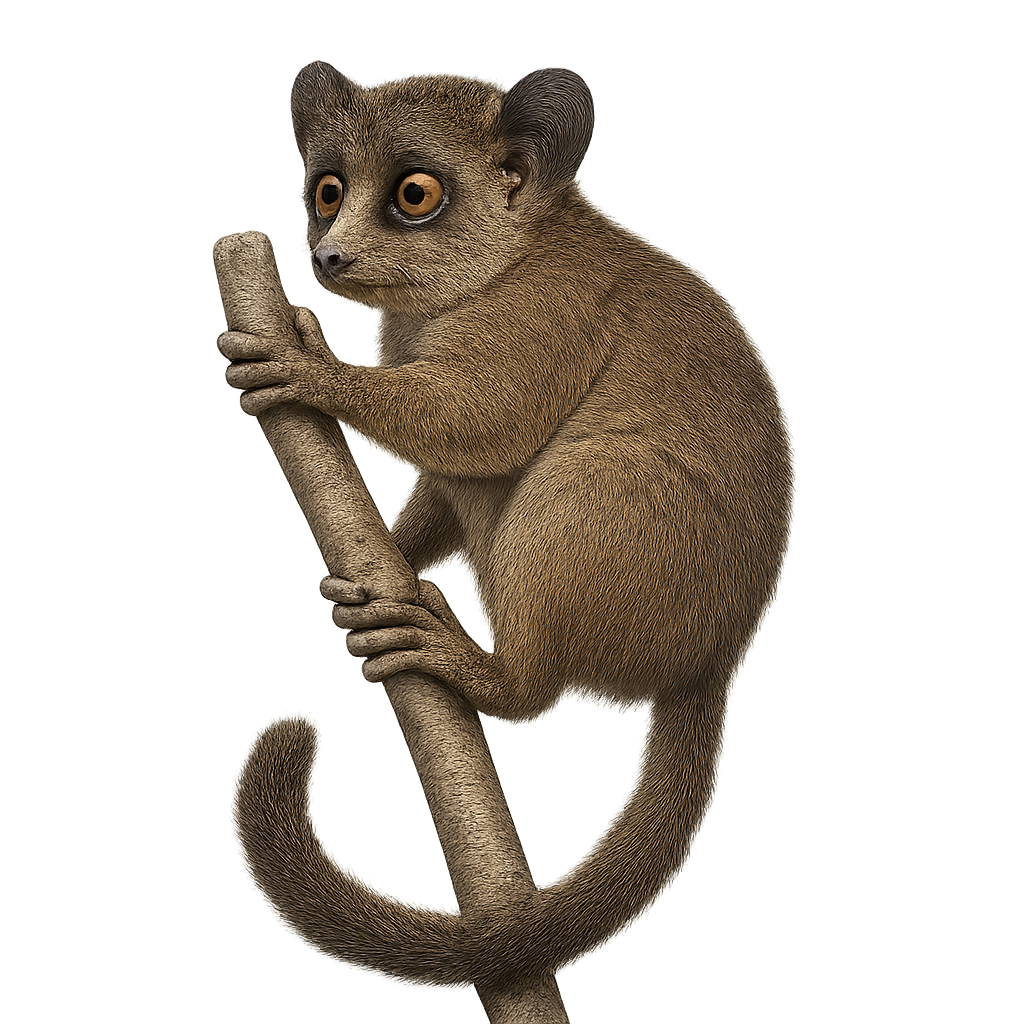Your wildlife photography guide.
Explore the thomas's dwarf galago in detail, study its behavior, prepare your shots.
Where to observe and photograph the thomas's dwarf galago in the wild
Learn where and when to spot the thomas's dwarf galago in the wild, how to identify the species based on distinctive features, and what natural environments it inhabits. The WildlifePhotographer app offers tailored photography tips that reflect the thomas's dwarf galago’s behavior, helping you capture better wildlife images. Explore the full species profile for key information including description, habitat, active periods, and approach techniques.
Thomas's Dwarf Galago
Scientific name: Galagoides thomasi

IUCN Status: Least Concern
Family: GALAGONIDAE
Group: Mammals
Sensitivity to human approach: Suspicious
Minimum approach distance: 10 m
Rut period: June to August
Gestation: 110-120 jours
Births: October to November
Habitat:
tropical forests, secondary forests, wooded savannas
Activity period :
Mainly active at night, generally discreet during the day.
Identification and description:
The Thomas's Dwarf Galago, or Galagoides thomasi, is a small nocturnal primate native to the tropical forests of Central Africa. This galago is characterized by its small size, large eyes adapted for night vision, and long hind legs that allow it to leap agilely between branches. Its fur is typically gray-brown with lighter shades on the belly. It primarily feeds on insects but also consumes fruits and sap. Galagos are known for their high-pitched calls and complex social behaviors, although they are often solitary. They play a crucial role in the ecosystem as insect predators and seed dispersers.
Recommended lens:
400 mm – adjust based on distance, desired framing (portrait or habitat), and approach conditions.
Photography tips:
To photograph the Thomas's Dwarf Galago, it is advisable to use a 400mm or longer telephoto lens to capture detailed images without disturbing the animal. Since this primate is nocturnal, good lighting is essential. Use a tripod to stabilize your camera and avoid motion blur. Be patient and discreet, as these animals are suspicious and may hide at the slightest alert. Prefer the hours just after sunset to take advantage of the remaining natural light and increase your chances of observing them in activity.
From knowledge to field practice
A species profile helps you understand an animal. In the field, the challenge is often different. Remembering your own observations.
The WildlifePhotographer app allows you to:
• record your personal observations
• note locations, dates, and behaviors
• revisit your field references over time
• build a private and long-term field logbook
The app does not provide observation locations.
It helps you organize what you actually observe, with respect for wildlife.

